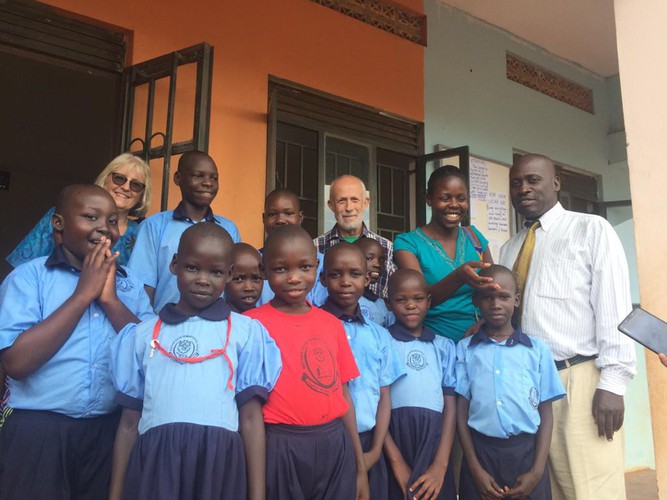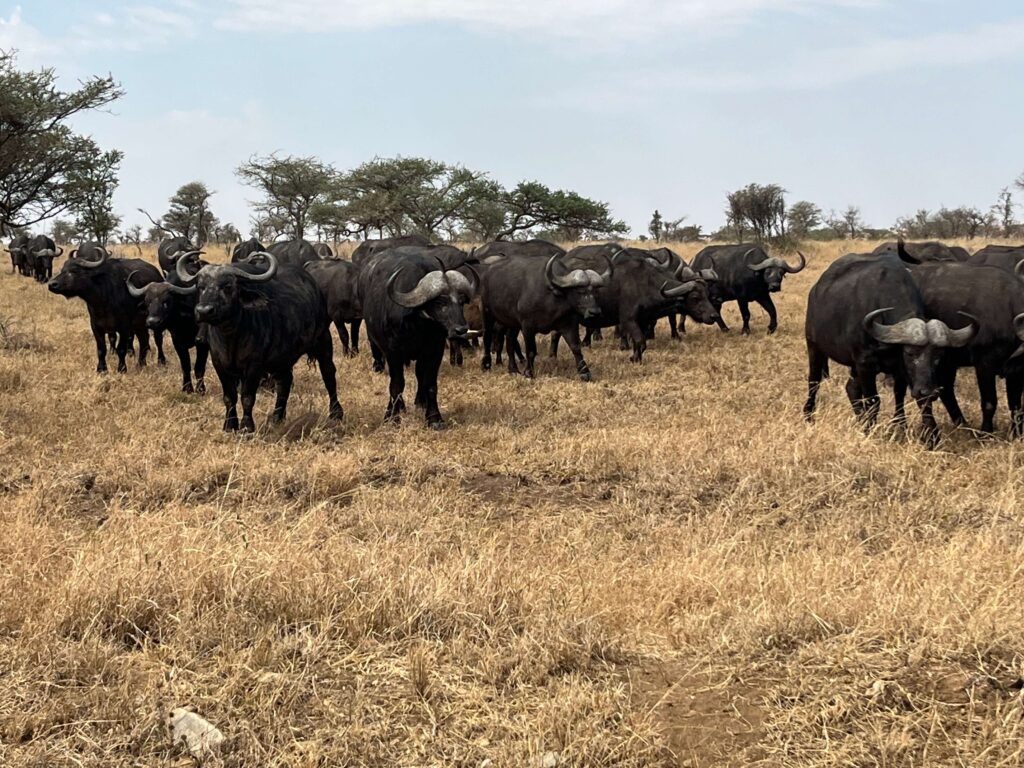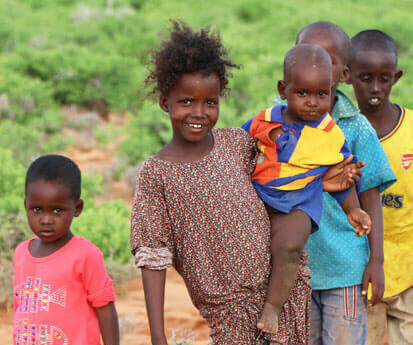About
NEXIM International Development Organization (NIDO)

NEXIM International Development Organization (NIDO) is a Canadian registered charitable organization that is closely associated with NEXIM HealthCare Consultants Inc., a well-established Canadian healthcare provider.
Based out of Toronto, Ontario, NIDO focuses on the 4 E’s of Education, Environment, Gender Equality and Economic Sustainability in East Africa.
NIDO is working to advance wildlife protection, access to education and help communities in the third world adapt to climate change through improved access to green energy technologies. Founded by former Ugandan citizen Henry Lukenge, NIDO builds both primary and secondary schools in East Africa that offer free education to the children of conservation officers who pledge to avoid corruption and prevent poaching of endangered animals in East Africa.
In addition, NIDO offers small business grants, education grants, sports grants, and sustainable energy solutions for the region. In Canada, NIDO offers financial literacy and employment training programs to BIPOC youth in Toronto ON.
Our Philosophy
NIDO work in Ugandan communities partnering with local schools, vocational training establishments and service providers to improve educational attainment, advance wildlife conservation goals and also support climate change initiatives via support to eco-friendly local initiatives
Our Mission
NIDO’s mission can be encapsulated into the 4 E’s: Education, Environment, Equality and Economy.
How NIDO's 4 E's work

Education
NIDO is dedicated to improving access to quality education for children and youth, regardless of gender, to equip the next generation with the knowledge and skills necessary for a brighter future.

Environment (Protection)
We actively support the conservation of endangered animals and fight against climate change by promoting sustainable practices and engaging communities in environmental stewardship.

Equality (Gender)
Our programs aim to break down barriers of gender equality, ensuring that both boys and girls have equal opportunities to succeed and thrive in their communities.

Economy (Self-Sustenance)
NIDO is dedicated to improving access to quality educaTION. NIDO is dedicated to improving access to quality education for children and youth, regardless of gender, to equip the next generation with the knowledge and skills necessary for a brighter future.tion for children and youth, regardless of gender, to equip the next generation with the knowledge and skills necessary for a brighter future.
Our Vision
A caring handshake comes from both sides. NIDO empowers communities by increasing access to basic services, with focuses on education for children & youth irrespective of genders, cleaner energy alternatives, and assistance in the financing of local start-up business in Uganda. In exchange for this, Ugandan wildlife conservation rangers and community members commit to the better protection of endangered animals and assist in the building of critical infrastructure that benefits the community.
This powerful partnership helps support the 4 E’s of access to Education, Environmental protection, gender Equality and social Economic sustainability in a lasting way.
1 – We aim to accelerate social economic transformation for individuals from economically deprived communities by:
- Granting and administering bursaries in primary and secondary schools for girls from primary school to secondary school right up to Advanced level or equivalent.
- Granting and administering bursaries for Vocational training to youths from poor communities specifically from rural areas and / or urban slums.
2 – Aid wildlife conservation through economic transformation for individuals from areas close to wildlife protection areas in Africa with emphasis on east and southern Africa.
- By advancing access to primary, high school education and Vocational education to pupils who work in or live close to wildlife protection areas in east and southern Africa
3 – Support climate change initiatives through support to eco-friendly local initiatives such as low-cost loans for schools to acquire energy efficient stoves
Active Programs
- School infrastructure – hostels, classrooms, administration blocks for safe learning environments. Clean water and eco-friendly kitchens to reduce reliance of tree-burned charcoal
- Education Bursaries – three active categories as below:
- Tree lion and Rhino conservation in East Africa – Beneficiaries are communities around Queen Elizabeth National Park in Uganda and Lake Manyara National Park in Tanzania to acquire nursing or other trade skills qualifications. Partnerships in place to help them attend nursing & midwifery, welding, carpentry / joinery, plumbing, motor vehicle mechanic and building and bricklaying in exchange for supporting wild-life conservation programs in the areas.
- Bwindi, Uganda primate conservation community partnership – For families in or around Bwindi-Mgahinga primate (mountain gorilla) conservation area, covering full tuition for primary, high school, and vocational education in exchange for supporting wild-life conservation programs in the areas.
- Kampala, Uganda urban slum revival – Beneficiaries live in extreme urban poverty of one of the biggest slum areas. Covers full tuition for primary, high school, and vocational education. Supervised by a local partner.
- Health and social care training – Advanced stages of registering private career college that will provide health and social care training with net earnings going to fund NIDO programs
- SUUBI Tours – www.suubimusic.com
- Knowledge Box – https://knowledge-box.ca/
